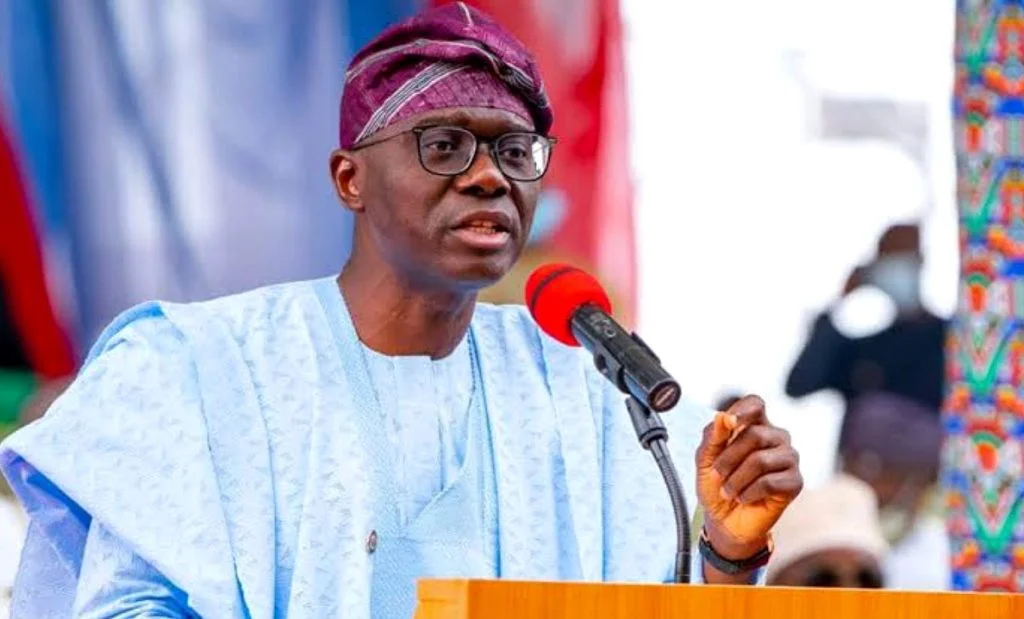At the mention of the words, “National Library”, one pictures a serene environment, with a well furnished, serene environment and all kinds of books ranging from some of the oldest to the most recent.
But that is not the case of the National Library of Nigeria. Instead, it is a building overgrown with bushes around and spirogyra on the wall, nearly deserted as well as dilapidated offices.
With a budgetary allocation of over N3.5 billion in 2017 and a proposed allocation of another N3.5 billion in 2018, the library has remained in the same deplorable state.
Deserted Environment/Workplace
Erected at the heart of Central Business District in the Federal Capital Territory, the library does not possess the kind of buzz one would expect to see at a national library.
When reporters visited the library, not one security guard was at the guard post to receive the reporter, let alone give directions.
Upon gaining entrance into the building (after being directed by a soft-drink seller), the reporter was greeted by dark empty hallways as well as chairs and desks.
“Yes, what do you want?” said a deep voice from behind a partition. The reporter explains her mission.
“It’s not always like this. It’s because of the NASU strike, that’s why the whole place is looking like this. You can see we are still trying; some of us still came to work despite the strike,” he tried to justify the deserted environment, few minutes after formal introductions were made and after the man asked that he remain anonymous. That visit was during the three months strike embarked upon by non-academic workers of Nigerian universities. Library workers are part of the non-academic staff.
.
Another staff, Vershima Orvell-Dio, who introduced himself as the Public Relations Officer, agreed to talk in the absence of the library’s director. He didn’t tell a different story either.
“Actually, the only explanation for the empty offices is the NASU strike. Although some of us have to be here to attend to people like you and that’s why you see few staff.”
However, subsequent visits to the library after the strike was suspended showed that apart from the presence of more staff at work, no other thing changed as the deplorable state of the library remained.
Mr Orvell-Dio explained that the library at the central area is not a conventional library but a repository one and hence, “the expected population (of users) will not be there.”
“This library is not a conventional library. It is more like reservoir. We are a repository library. So what we do is collect materials and keep it over a long period of time like decades.
“We have the mandate to collect these books. There’s a component of the law called the legal deposit which it is mandatory that every book published in Nigeria must be deposited in the National library, be it by an individual or the state government or the federal government and there’s is a punishment for you not depositing.
“The punishment involves a fine of 50 pounds and has been so since 1974, but the law is being reviewed so as to enact a stiffer penalty,” he said.
He explained that another thing the repository library does, is to issue International Standard Serial Number (ISSN) and International Standard Book Number (ISBN) “which renders a book valid.”
Dilapidated/ Unkempt Offices
As it turned out, the empty hallways and offices are not the only flaws of the library as we realised that electrical appliances and even the books of the library are unkempt.
“No. By then time you get to the main National Library at Area 10, you’ll see the difference,” Mr Orvell-Dio emphasised.
Ranging from the walls coming off, to the books littered on the floor (along the lobby) and to dirty, dilapidated furniture, one could only pray for divine intervention for this edifice.
Low Quality/Outdated Books
Following the very few books and newspapers dated four to five years at the “repository” library, reporters decided to visit the conventional library located at Area 10, Abuja.
And as expected, there were more books but definitely not the most recent books, which was one of the many complaints of a staffer of the library who spoke with PREMIUM TIMES (but asked to remain anonymous for fear of victimisation).
A closer look at the books on the shelves (ignoring the worn-out and termite-infested shelves), shows that most of the recent books in the library are dated as far back as 2012, 2013.
.
The source explained that poor funding of the National library has crippled its ability to purchase current books.
“We are supposed to update our shelves yearly but because of the funds, it has not been so. We get our materials from gifts and exchange, book donations and hand purchases and most of our materials are outdated.
“Its not like they bring new books. They only bring the ones processed from the headquarters and the last time we received materials was last year,” he said.
With what has almost turned to a national anthem, the workers at the library have blamed the poor functional system of the library on inadequate funding by the federal government.
A library official told reporters that a little more funding from the government would change the entire operations of the library.
He explained that the e-library which was funded by the United Service Provision Fund (USPF), has not been functioning optimally due to high cost of maintenance.
“It has not been functional due to logistic problems. The cost of maintaining generator is very high and we rely on what is given to the National Library headquarters. The overhead cost is not being regular.
“As a matter of fact, it was the USPF that funded the e-library. They gave us 50 computers, internet services and generator.
“To pay NEPA bill is a problem. To buy diesel to power the generator is a problem. Besides the fact that what is being allocated to us is not what is being released, it is not even coming as at when due. It is irregular,” he said.
Besides the issue of inadequate funding, there’s also the abandoned proposed permanent site for the library.
There have been several outcries from Nigerians including the federal lawmakers about a building that was started over 10 years ago and is yet to be completed.
The Senate had in October last year, called on the government to prioritise the funding and completion of the permanent site of the National Library in order to mitigate losses accruable to the project, describing its delay as a national embarrassment.
It also frowned at the fact that 57 years after independence and with trillions of naira sunk in the development of Abuja, the National Library still operates from a rented building because it does not have a permanent site.
Adah Peter expressed disappointment at “both the present and the past administration” for not paying attention to the library.
He explained that the deplorable state of the library does not speak well for the nation. He urged the Federal Government to “do better”.
Another user, Olawale Gabriel, said libraries in some secondary schools are of higher standard when compared to the National Library.
“A national library where there’s no electricity. No light, no fan, not to talk of AC; is nothing to write home about,” he lamented.
According to him, all this nation needs is “divine help from above.”
He added that the attention of the government has been drawn to the matter several times and so “there’s no need to call on the government again. All we need to do is pray for God to intervene.”
Funmi Jegede, a psychologist, described the state of the library as a discouragement to the next generation of readers.
“It can be neglected for this long because there are no readers to complain. No one to protest. Our people don’t read books anymore, we now rely on technology.
“Whenever any of the network providers flop for one minute, the internet explodes. You see different hash tags. Why can’t we do same for the revival of our libraries? Even the government is not encouraging, it’s a pity.”
However, Stanley Uzochukwu said that he has not lost hope in the system.
“The government can do it. And they will do it,” he said with optimism.
He also admonished donors and partners to keep donating books and other necessary materials to the library in order to revive the reading culture of Nigerians.




2 Comments